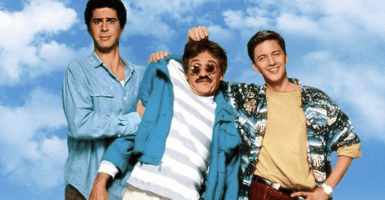We’re Saved: Alien Prequel Series Tosses Out Prometheus
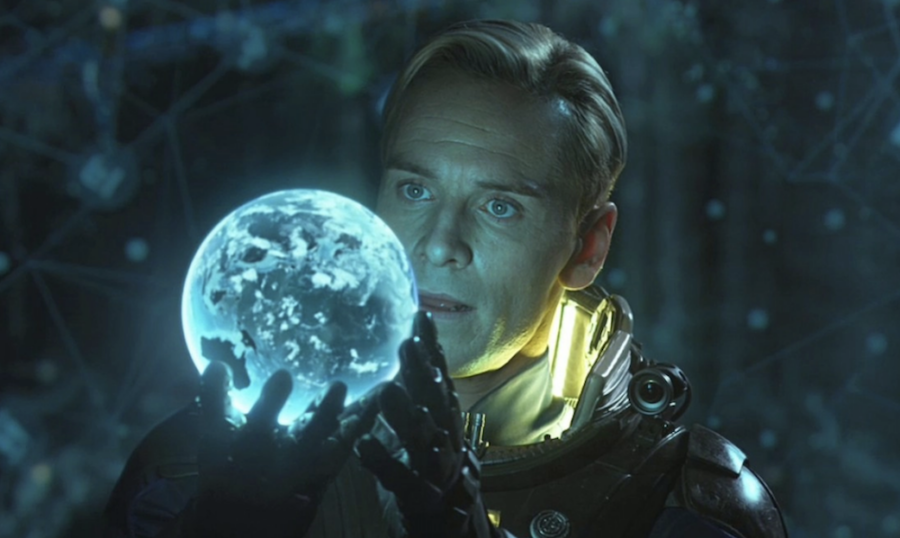
The upcoming Alien series has fans of the franchise on the edges of their seats, wondering what the show will include—and exclude—from the iconic sci-fi horror universe. The project’s showrunner, Emmy award winner Noah Hawley, revealed recently that his vision for the Alien series would not involve the narrative advanced by Prometheus.
In other words—no “Engineers” or deity-like alien race “designing” the xenomorphs (the terrifying alien species associated with the franchise).
The creator is instead opting for a storytelling approach in which the xenomorphs evolve due to countless years of evolution; in other words, organically.
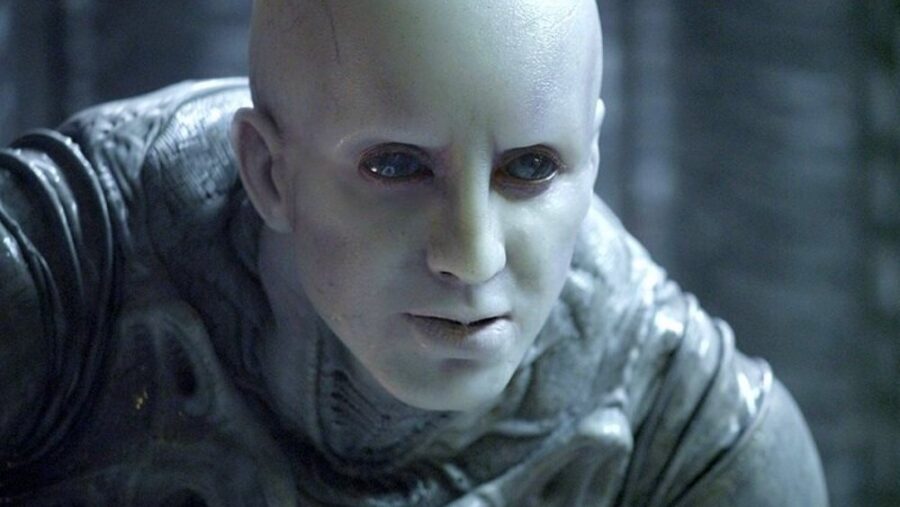
The showrunner earned his stripes (and Emmy) on the show Fargo, which won critical and widespread acclaim, adapting the universe of the Coen brothers’ film to a serialized, prestige TV format. Hawley articulated that his Alien series will steer away from the backstory, technology, and aesthetics of Prometheus during an interview with KCRW’s The Business.
Interestingly, the project will be set a mere 70 years into the future; this timeline notably precedes that of the original film franchise.
The showrunner shared an intimate knowledge of, and respect for, the Alien franchise’s lore and sensibility. He emphasized that the franchise tells an intriguing tale combining two compelling elements: on the one hand, a terrifying, ageless biological entity praying on and (via face-huggers) forcibly impregnating human beings, regardless of their sex. Audiences should expect more of this reproductive horror, to coin a phrase, in the forthcoming Alien series.
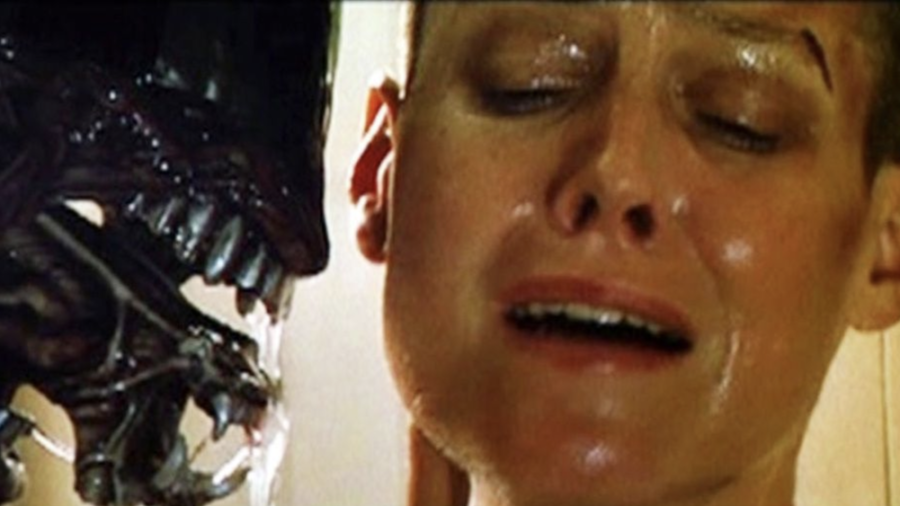
On the other hand, by way of its effective use of AI and androids, the original films also unsettled us with the specter of our own (not-too-distant future). In between these seemingly disparate factors, humans struggle to survive.
It’s a powerful combination.
In Hawley’s eyes, one packing enough punch to exclude the involvement of Ridley Scott’s latest developments: Prometheus and Alien: Covenant. Rather than relegating his monsters to mere bioweapons forged by the mysterious Engineers, the aliens in Hawley’s show will be—more traditionally—another example of Darwin’s theory of evolution. The ideal life form, in other words, and all the more scary, perhaps, as staples of horror sci-fi.
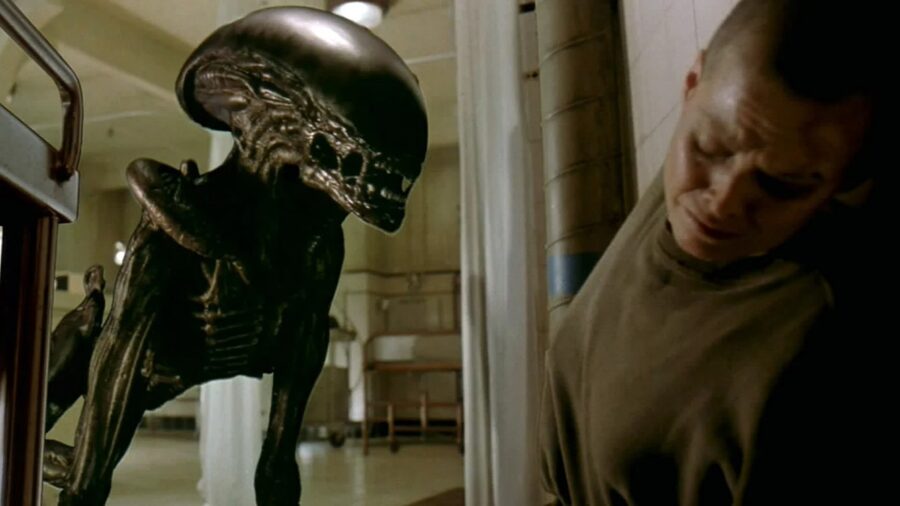
Perhaps more saliently, Hawley framing the aliens in his series as organic life forms that evolved naturally, and combining that with the futurism of AI, space travel, and androids, may achieve a retro-futurism similar to the original films.
Indeed, the showrunner is probably hoping the result is a revival of the ethos originally animating the first few movies—works richly exploring the intricacies of humanity and biology.
Ultimately, we’re excited about Hawley’s creative choice guiding his Alien project. Doing away with the high-concept origin story embodied by Prometheus presents an opportunity to reconstitute the sensibility the original movies overflowed with.
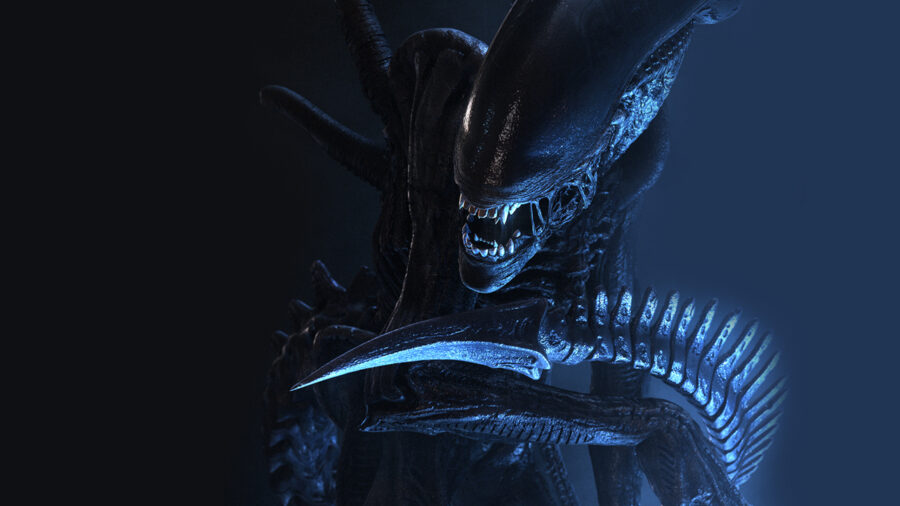
What will ideally emerge is a more tangible, relatable, and, in all likelihood, disturbing Alien series, one in line with Alien and Aliens.
The much-anticipated project had to pause production in August due to the SAG-AFTRA strike. Thankfully, though, it’s expected to resume filming soon in Thailand. A blend of established and emerging talents, its cast includes Essie Davis, Alex Lawther, and Samuel Blenkin.
Of course, in the meantime, fans can continue relishing Hawley’s brilliance in the ongoing fifth season of Fargo, which aires weekly on FX and Hulu.
Source: KCRW









